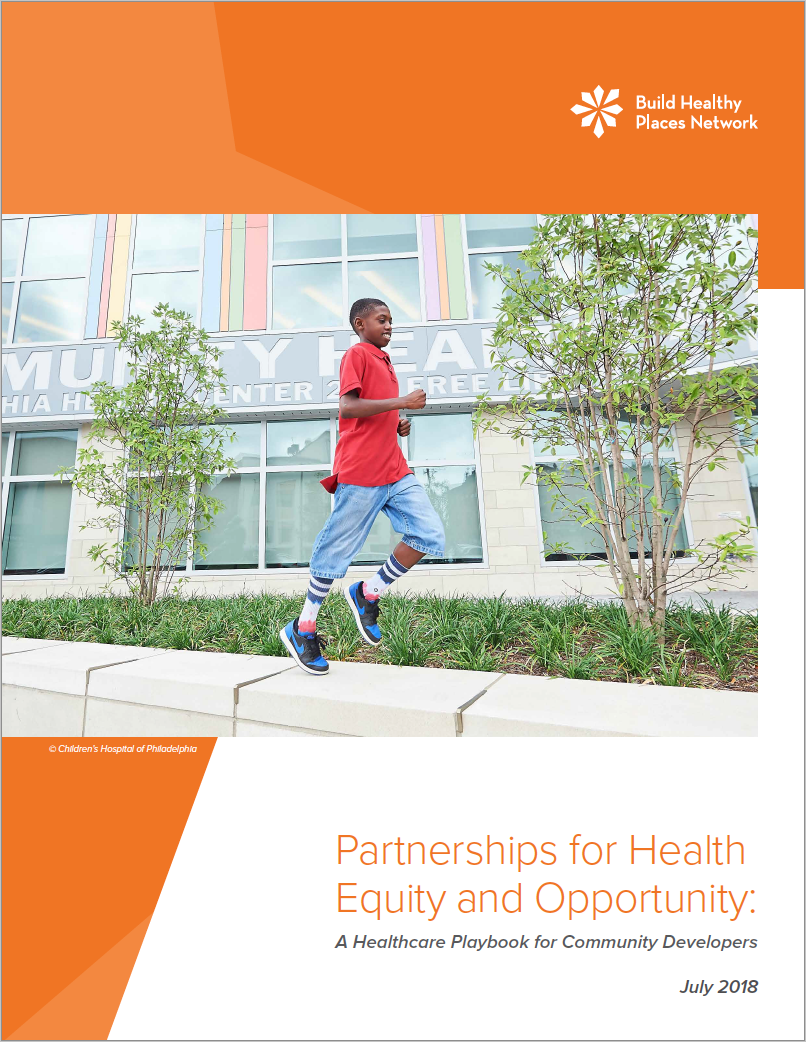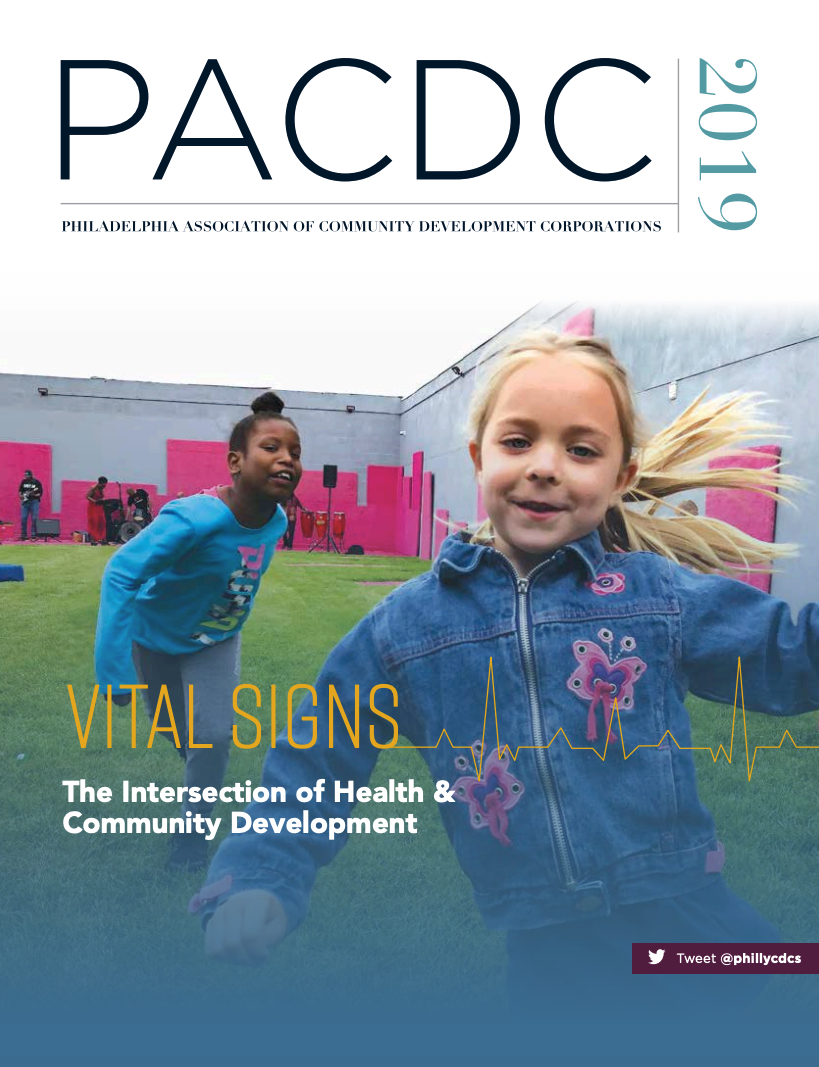Hospitals & Health Systems
How can community developers partner with hospitals and health systems? This webpage provides an overview along with information on these topics:
Overview
The majority of hospital organizations in the United States operate as 501(c)3 nonprofit organizations that are exempt from most federal, state, and local taxes. They're required by federal tax law to spend some of their surplus funds on “community benefits” that address community need. Because community developers address community needs and improve the root causes of health disparities, they can be important partners to help hospitals and health systems meet their Community Benefit requirements.
In addition, the Affordable Care Act requires nonprofit hospitals to do Community Health Needs Assessments every three years, guided by community input. Community developers can be invaluable partners, providing feedback and engaging residents in low-income neighborhoods and communities of color.
Nonprofit hospitals are also required to provide "charity care" — free and reduced cost healthcare for people who would otherwise be unable to pay for treatment. By creating healthy community conditions that prevent people from needing to be hospitalized and re-hospitalized, community developers improve nonprofit hospitals' bottom line.
Interested in pursuing partnerships?
 Healthcare Playbook for Community Developers helps you identify potential healthcare partnerships, determine readiness, leverage your assets, and create a partnership roadmap. Healthcare Playbook for Community Developers helps you identify potential healthcare partnerships, determine readiness, leverage your assets, and create a partnership roadmap.
 Vital Signs: The Intersection of Health & Community Development shows how collaborations are working on the ground in Philadelphia neighborhoods. Get perspectives from doctors, healthcare institutions, community activists, and community development corporations in this magazine produced by the Philadelphia Association of Community Economic Development Associations, a NACEDA member. Vital Signs: The Intersection of Health & Community Development shows how collaborations are working on the ground in Philadelphia neighborhoods. Get perspectives from doctors, healthcare institutions, community activists, and community development corporations in this magazine produced by the Philadelphia Association of Community Economic Development Associations, a NACEDA member.
Our partners at Build Healthy Places Network provide practical tools to help you identify potential partners, understand each other's jargon, explain the health-related value of community development work, and measure and describe the impact of your programs, as well as sharing best practices.
Understand how hospital regulation encourages community investment.
- NACEDA webinar: Initiating Community Benefit Partnerships
Kate Hill-Johnson of Franciscan Health explains Community Benefit, Community Health Needs Assessments, Community Health Improvement Plans, and how to engage hospitals in community health work. View her presentation slides.
- Community Benefit Insight
Use this free, online tool to access data and see how tax-exempt hospitals around the country are spending their community benefit dollars. Get state-wide analysis of community benefit spending.
Learn from partnerships initiatives:
- CDCs and Health shows how the Massachusetts Association of Community Development Corporations member has been working since 2015 to make health an explicit aspect their work.
- Healthcare Anchor Network brings together 60+ leading healthcare systems to sustainably invest in low-income neighborhoods and communities of color. Coordinated by the Democracy Collaborative, their toolkits provide hospitals and health systems with concrete steps to harness their everyday business practices to drive community health and well-being.
- Health Begins With Home is a five-year, $250 million initiative by Enterprise Community Partners to spur collaboration among health, housing and community development sectors. Access information about cross-sector collaborations, healthy housing design, and financial innovations.
|



